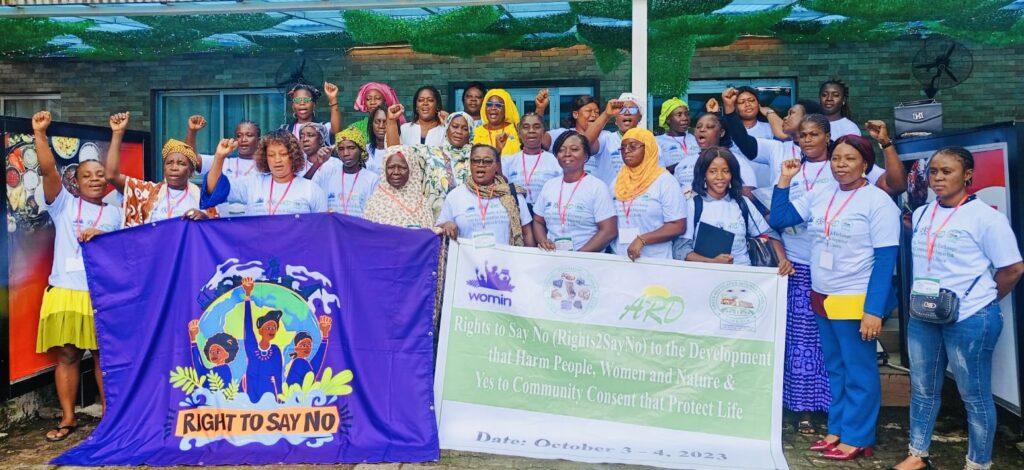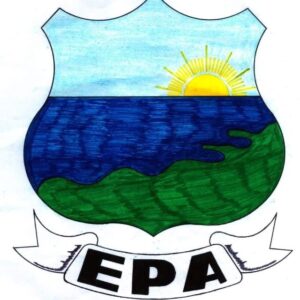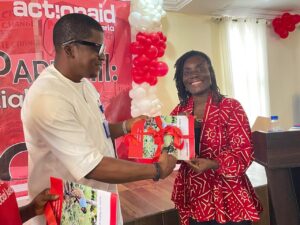Women CSOs Call for Government’s Intervention in Women Living in Affected Mining Communities

By: Laymah Kollie
Monrovia – October 4, 2023: The Natural Resource Women Platform (NRWP), Green Advocates International (GAI), and Alliance for Rural Democracy (ARD) in collaboration with WoMin are calling on the government of Liberia to swiftly intervene in the poor living conditions of women affected by mining companies in Liberia.
These companies include Bea Mountain in Grand Cape Mount, Golden Veroleum Operation in Sinoe, Salala Rubber Corporation in Margibi, Liberia Agriculture Company in Grand Bassa, and Western Cluster in Bomi Counties.
The organizations consist of three civil society organizations working on the forefront of resistance against large developments that extract and export Africa’s natural resource wealth, causing violence, pollution, and the loss of lives and livelihoods.
In a joint statement on Tuesday, October 3, 2023, following a recent field visit to the affected communities in Grand Cape Mount County, the women expressed dissatisfaction with the living conditions of women and children in these places.
“We are calling for prompt and urgent action to protect communities, mainly women, from several affected communities across Liberia, particularly those affected by Bea Mountain Mining Company in Grand Cape Mount County, Golden Veroleum Operations in Sinoe County, Salala Rubber Corporation in Margibi County, Liberia Agriculture Company in Grand Bassa County, and Western Cluster in Bomi County.”
According to them, women from these five counties in Liberia are severely affected by the operations of big concessionaires through land grab, loss of farmland, desecration of traditional and cultural sites, and pollution of water, land, and other sources of livelihoods.
“Livelihoods, including land and water, remain polluted, making it impossible to farm, garden, fish, and obtain other sources of food from the water. In Sinoe County, land has been completely overtaken by the oil palm plantation Golden Veroluem, leaving women with no land for farming and traditional practices. In the Salala Rubber Plantation concession area in Margibi County, women are facing a similar situation with no land for farming, as the rubber plantation has completely taken over the land, leaving towns and villages with nowhere to make farms and gardens.”
“A similar situation is taking place with the Liberian Agriculture Company in Grand Bassa County, where nearly all the land is occupied by rubber trees. In the Bea Mountain concession area in Grand Cape Mount County, the situation is even worse. Women in the affected communities appear very depressed from the stress of traveling long distances to get water and food for the family due to the pollution of the major water source with chemicals. After a solidarity and experience-sharing field visit, women from the six countries are jointly demanding urgent action from the Government in protecting the rights of communities, especially women in the affected communities.”
The gathering consisted experience sharing by Liberian women from the five counties and women from the other African countries. During the experience sharing session, women expressed frustration, suffering, and poverty caused by pollution caused by these companies.
Women from the five other African countries, including Cameroon, Senegal, Ivory Coast, Guinea, Burkina Faso, and Liberia, shared their experiences with their Liberian counterparts and provided insights on how they have been able to resist the violations of their rights by concession companies.
Ma Fatu Dukuly of Suakoko, Grand Cape Mount, narrated the ordeal faced by her community since the company started operations in the area. According to Madam Dukuly, Bea Mountain has polluted their waters and farmland, reducing their crop production.
“Our farms cannot grow good food anymore; our gardens too. They put chemicals in the water, and fishes died. There are no fish in it anymore. When people drink the water, their stomachs ache, and people die. I got sick for three weeks when I drank the water.”
Lorpu, a resident of Margibi, expressed frustration over the Salala Rubber Corporation’s operation in her area. The disenchanted lady noted that she lost her daughter in the matter when her husband decided to advocate for the suffering majority.
“There is no land to make farms or gardens. They put my husband out and put me out; my daughter was also killed in the process. They can dismiss you when you refuse to sleep with them.”
Based on these numerous complaints, the CSOs put forth the following recommendations to the Government of Liberia. In the recommendations, Women CSOs requested renegotiation of the concession agreements to implement friendly environmental measures that will protect the communities as well as the biodiversity they have preserved for decades; alternative livelihood for communities, especially women, embedded with the clear vision the communities have for development; the right to cultural and traditional practices and way of life, and involvement of women in all concession negotiations from the very beginning.
Furthermore, they recommended that the government Protect Women from Concessionaires, and the Government of Liberia should be held accountable for massive human rights violations and pollution of water sources, land, and natural resources of indigenous communities in Liberia.



